Sandwiched between Ukraine and Romania, the tiny republic of Moldova has been easy prey for Russia in the past. Its 2.5 million people are among the poorest in Europe and the Kremlin has been able to exploit the country’s dependence on cheap Russian gas to keep it as an ally.
But Moldovans, like Ukrainians, have begun to choose another path. In 2022, they applied to join the European Union to be part of the democratic world, and then elected a pro-western president last year. Vladimir Putin’s response has been to engineer a humanitarian crisis in the region, which is now underway.
The pawns on Putin’s chessboard are the 350,000 mainly Russian-speaking residents of Transnistria — a breakaway Soviet-style state which declared independence from Moldova shortly after the collapse of Communism.
For three decades, Russia has kept hundreds of troops in Transnistria to support the separatists and keep an eye on Moldova. Russia has also fed the region with free gas supplied via a pipeline that runs through Ukraine. On New Year’s Day, the pipeline, which has helped fund Putin’s war machine by supplying gas to Europe, was closed by Kyiv.
Strategically, the closure of the pipeline was a major blow to the Kremlin. The White House has called it one of Moscow’s “most costly defeats,” with Russia now facing losing $7.3 billion in annual revenue from gas sales to Europe.
But it has also left its ally Transnistria without energy. Putin could have kept Transnistria warm by sending gas via Turkey and the Trans-Balkan corridor, but that would be more expensive, and Putin has chosen not to do so.
Putin instead has decided to let the people of Transnistria freeze so he can pin the blame on Moldova’s pro-EU government ahead of the parliamentary elections taking place there this year. So now, the residents of Transnistria are being forced to cut down trees to stay warm and cook their food. The temperature in houses and hospitals has dropped to just 55.4°F. Factories and schools have shut down, leaving hundreds without a job. Electricity is expected to run out by February. Several people have suffocated in their sleep from carbon monoxide poisoning while trying to heat their homes.
Moldova has also been affected by the crisis. Many villages and towns near Transnistria have suffered gas shortages, blackouts and have had to ration hot water. Moldova relies on Transnistria for about two-thirds of its electricity, as the country’s primary power station is located there. For years, this arrangement benefited both sides: Transnistria generated electricity with free Russian gas and sold it to Moldova at low prices. Now they are being forced to import power from Romania, Moldova’s citizens are seeing their electricity bills skyrocket.
Maia Sandu, the recently re-elected president of Moldova, has said that the pipeline closure is a necessary step towards independence. The Kremlin’s propaganda machine is working overtime to tell Moldovans that they voted the wrong way last November. Russia has argued that “the decisions of Ukraine and the Moldovan authorities” have “condemned the population of Transnistria to suffering.’”
“There is an alternative pipeline, the Turkish Stream. So it’s not a problem that gas cannot pass through Ukraine,” Sandu points out. Kyiv, she says, offered to send coal to get the power supply started again.
Sandu is in a delicate position. She almost lost last November’s presidential election to a pro-Kremlin candidate and is facing parliamentary elections this summer. Putin’s strategy now is to cause maximum misery in Moldova in the hope that it will lead to a pro-Moscow majority in parliament, making the pro-EU president powerless. Rising utility bills and the energy crisis are obvious weapons in turning public opinion against Sandu, but they are not the only ones. The longer Transnistria is without gas and electricity, the more its residents — with Moldovan passports and voting rights — will flee to Moldova. Transnistria’s pro-Russian voters could change the composition of the country, turning Moldova towards Moscow for years to come.
Vadim Krasnoselsky, the leader of Transnistria who works closely with Moscow, has rejected Sandu’s offers of gas and humanitarian aid. He has urged Moldova to pay the $730 million that Gazprom has demanded for what it claims are unpaid debts for the “free” gas piped to Transnistria (Moldova’s government has never recognized this debt as legitimate).
Pro-Russian politicians in Moldova may well travel to Moscow to crawl in front of Putin, asking him to forgive the alleged debt and supply Russian gas to Transnistria through Turkey. If this leads to Transnistria receiving gas again, it could help them in the parliamentary elections, as they would be able to say they achieved what Sandu couldn’t.
Now is the moment when Ukraine and the EU must step in. Brussels could cover some of the costs of gas and electricity it is exporting to Moldova or help Kyiv send its own gas. Ukraine is ready to help, fearing it could end up encircled by pro-Kremlin counties, making its chances for EU membership even more remote. But Brussels isn’t showing much interest. Last year, the EU lost Georgia to the Kremlin when Moscow helped pro-Russian parties gain a foothold in its parliament. If it doesn’t act soon, it may well lose Moldova as well.
Meanwhile, Moscow is working on its allies in the EU, encouraging them to point the finger at Zelensky, pressuring him to reopen the pipeline. Robert Fico, Slovakia’s prime minister, has accused Zelensky of being a “beggar and blackmailer,” costing Slovakia $488 million in transit fees by closing down Russia’s pipeline to Europe.
Fico has threatened to veto EU military aid for Ukraine and halt crucial electricity supplies to the country after Russian air attacks. He has even threatened to abolish benefits for 130,000 Ukrainian refugees living in Slovakia. Hungary has vowed to block Ukraine’s EU membership if Zelensky does not change his mind about the pipeline.
For Ukraine, the pipeline closure is a rare geopolitical victory, one that Zelensky won’t, and can’t, step back from — at least not until peace talks with Russia begin. Kyiv’s strategy is to offer its own aid to Moldova and help it avoid a political crisis. Ukraine’s best chance of getting fast-track EU membership is to join forces with Moldova, presenting the two countries as a package deal. For now though, the road ahead has never looked more dangerous for both.



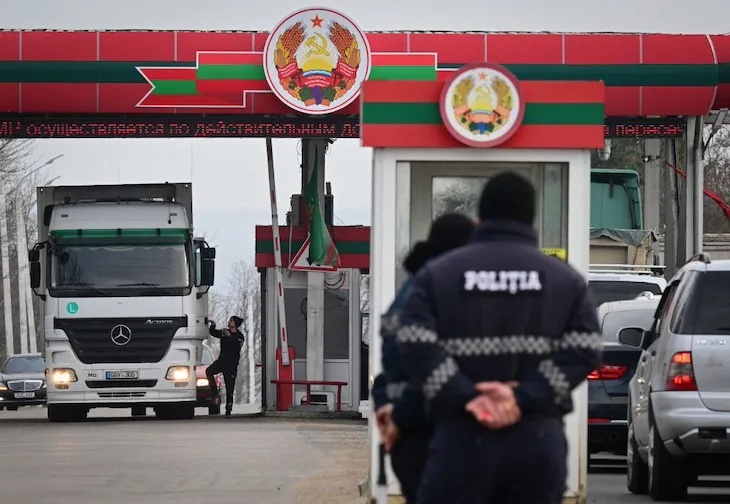






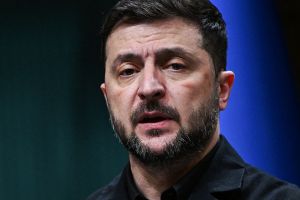
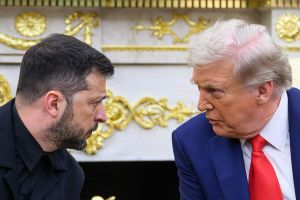
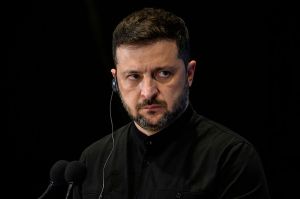



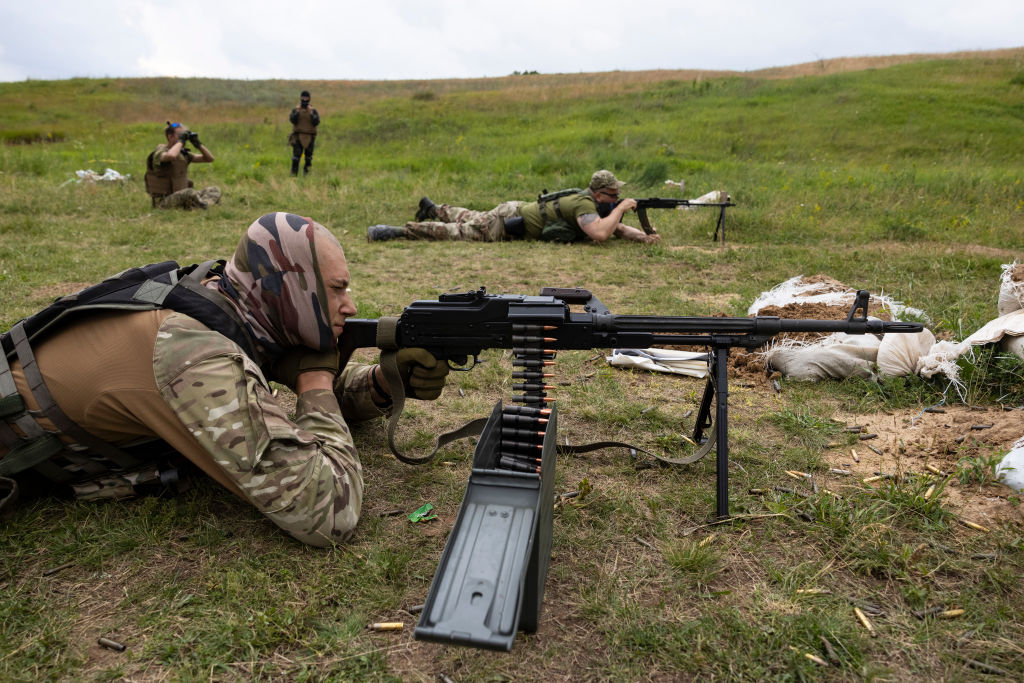
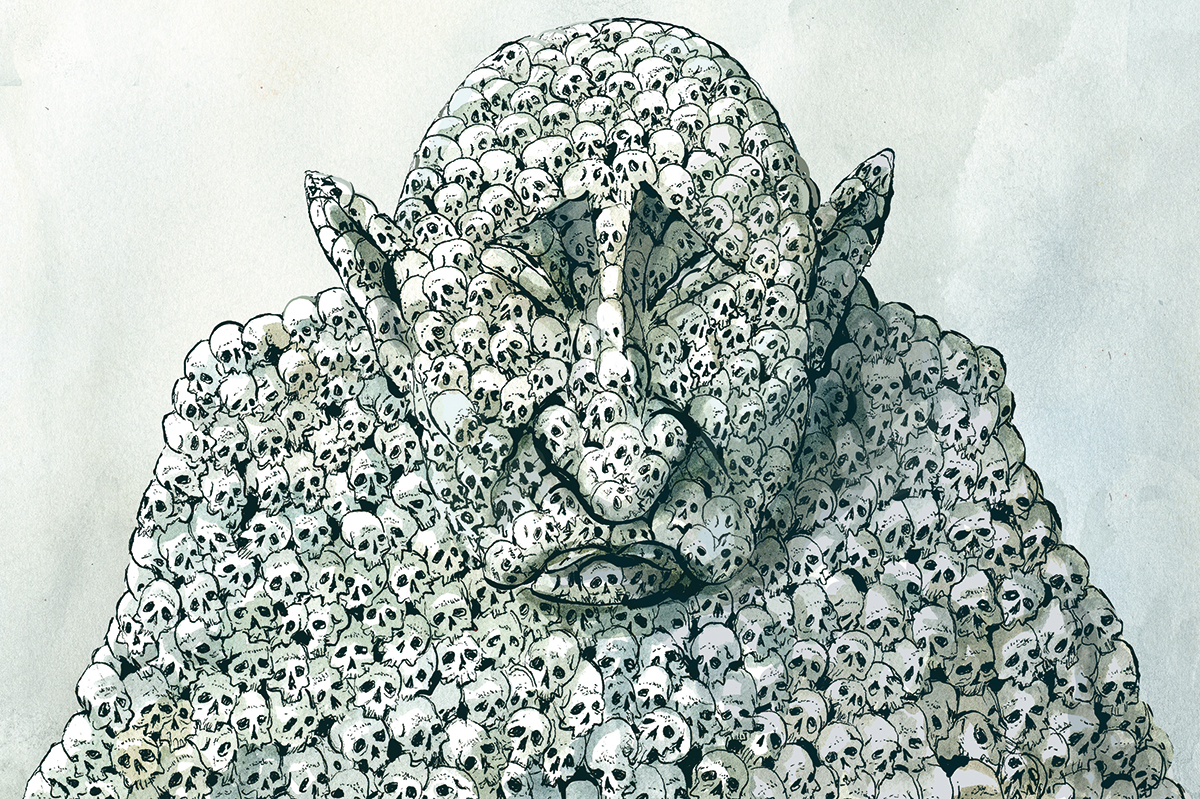
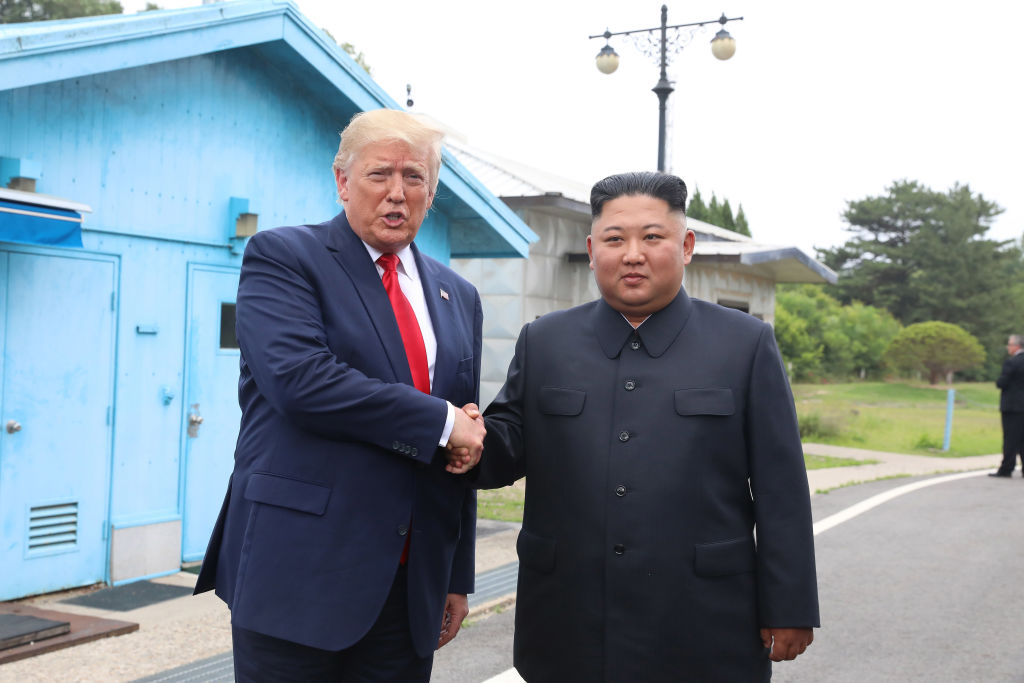







Leave a Reply